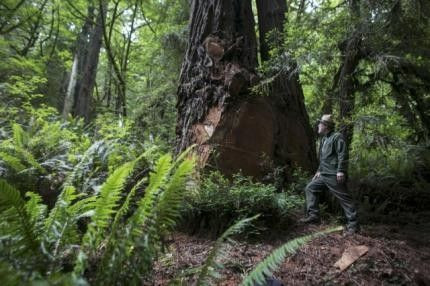Trees Save 850 American Lives Each Year
Nearly 4700 Deaths are related to the Ozone

Trees purify the air and give us oxygen the most important gas that life depends on. Urban trees are estimated to remove 711,000 tons of pollution in the U.S. According to the varying densities of tree cover across the nation, the removal of air pollution and human health vary from place to place.
A research was conducted by scientists from the US Forest Service's Northern Research Station in Newtown Square, PA, to find the amount of air pollution that is permanently removed by trees. They based their study on the air quality standard set by the Environmental Protection Agency. The set standard being nitrogen dioxide, ozone, sulfur dioxide and particulate matter less than 2.5 microns (PM2.5) in aerodynamic diameter.
In 2005, an estimated 130,000 deaths were linked to PM2.5, and 4,700 deaths were related to ozone.
With computer simulation the researchers took into consideration the total tree cover and leaf index, the flux of pollutants to and from leaves, the effects of hourly removal of pollutant concentration in the atmosphere and the health impacts.
It was found that trees remove less than 1 percent of the pollution. Though this may seem as a very small amount 850 human lives are saved every year and 670,000 cases of respiratory symptoms are prevented. The monetary value to the human health improvement is estimated to be $ 7 billion annually.
Rural areas had more clean air than urban areas though improvement in human health from air pollution was found in urban areas.
"With more than 80% of Americans living in urban areas, this research underscores how truly essential urban forests are to people across the nation. Information and tools developed by Forest Service research are contributing to communities valuing and managing the 138 million acres of trees and forests that grace the nation's cities, towns and communities," said Michael T. Rains, director of the Forest Service's Northern Research Station and the Forest Products Laboratory.




















